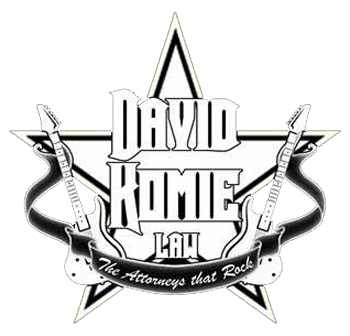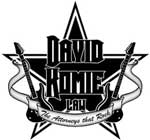Those in motor vehicles have to share the road with numerous other parties. Larger vehicles are more of a safety issue than vehicles that are close in size in the event of vehicle collisions. The greater the discrepancy between the vehicles involved in a collision, the more likely the crashes to cause massive property damage or to result in significant injuries.
When a passenger vehicle collides with a semi-truck, the resulting collision could prove far worse than a crash at similar speeds involving a smaller vehicle. Austin truck drivers sometimes make mistakes that cause car wrecks.
What do people generally need to know about collisions between four-wheeled vehicles and 18-wheelers?
The people in the smaller vehicle have more risk
When looking at federal collision statistics, the disproportionate allocation of risk in a semi-truck crash becomes obvious. The people in the smaller vehicle are far more likely to end up hurt or to die than the person operating the semi-truck. An 18-wheeler may not have much noticeable damage, but the smaller vehicle could end up unsafe to drive. The people in the vehicle might break bones or worse because of the force of impact.
The compensation process is more complex
After a crash with another passenger vehicle, seeking compensation is often simple. People need to prove that the other driver was at fault and then request compensation from their insurance policy. If there isn’t enough insurance available, then the party not at fault for the crash may file a personal injury lawsuit against the driver who caused the collision.
After a semi-truck collision, the Austin truck driver might be to blame for the wreck. Their employer could also have a degree of legal liability and financial responsibility for the crash. Heavy semi-trucks typically carry six-figure insurance policies because of the degree of damage they can potentially cause.
Those affected by semi-truck crashes can file an insurance claim or possibly look into a lawsuit. People can sue negligent commercial drivers and the companies that hire them. There could even be third parties, such as fleet maintenance professionals or clients who improperly loaded trailers, who might ultimately have liability for the crash.
It can be very difficult for someone dealing with the aftermath of a semi-truck collision to explore fault and determine who they should hold accountable. Evaluating the details of the collision with a skilled legal team may help people determine who to hold accountable and what amount of compensation they can potentially pursue.


